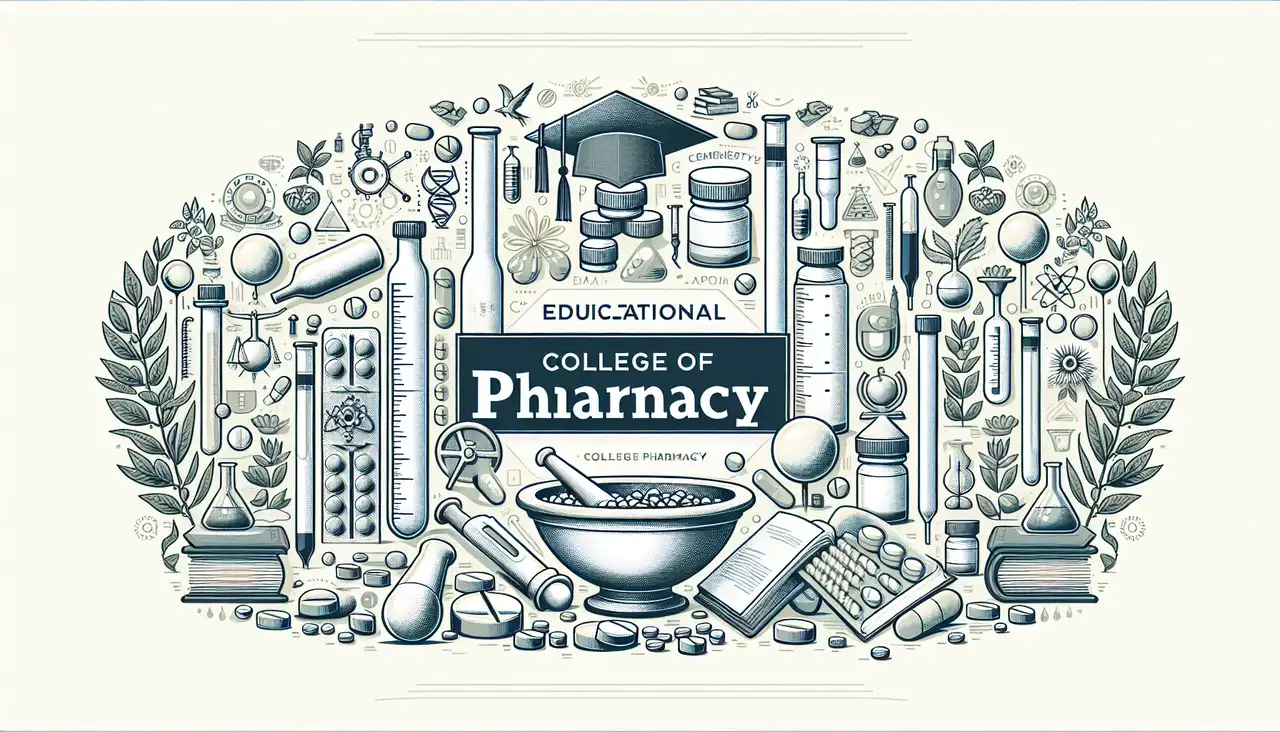

John DiGiovanni
Dr. John DiGiovanni inspires change in the area of cancer biology and prevention through his pioneering research and academic leadership. As a Professor of Pharmacology & Toxicology and the esteemed Coulter R. Sublett Chair at the College of Pharmacy, The University of Texas at Austin, Dr. DiGiovanni directs the Center for Molecular Carcinogenesis and Toxicology (CMCT). His work is at the forefront of understanding the intricate processes of cancer development and identifying innovative targets and strategies for cancer prevention. Dr. DiGiovanni's research delves into the cellular signaling pathways that are disrupted during tumor development. His laboratory is dedicated to uncovering the target cells responsible for tumor formation and the genes that increase susceptibility to environmentally-induced cancers. By focusing on these critical areas, Dr. DiGiovanni aims to unravel the complex mechanisms that underlie cancer progression and to develop effective prevention strategies. In addition to his work on cellular signaling and genetic susceptibility, Dr. DiGiovanni is deeply invested in exploring the relationship between obesity and cancer. His research seeks to identify molecular targets that can mitigate the increased cancer risk associated with obesity, thereby contributing to the development of comprehensive strategies to combat cancer in the context of rising obesity rates. Dr. DiGiovanni's contributions to the field extend beyond his research endeavors. He is a dedicated educator and mentor, guiding the next generation of scientists in the pursuit of knowledge and innovation in cancer biology. His commitment to eradicating cancer as a major human disease is reflected in his collaborative efforts and his leadership within the academic community. Through his work, Dr. DiGiovanni continues to inspire hope and progress in the fight against cancer. His research not only advances our understanding of cancer biology but also paves the way for novel prevention strategies that hold the promise of reducing the global burden of cancer.
Publications
, 3963-3963, 2018-07-01
, 824-824, 2011-04-01